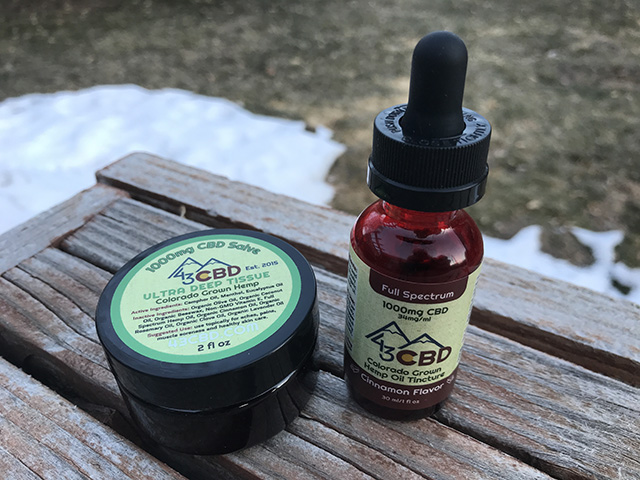Secrets of CBD for Bone Health

In recent years, the conversation surrounding cannabidiol (CBD) has expanded exponentially. From its touted benefits in managing anxiety to its potential in alleviating chronic pain, CBD has been a subject of extensive research and discussion. However, one area that has garnered significant interest is its impact on bone health. As we delve deeper into the mechanisms behind CBD and its interaction with our bodies, we uncover a promising avenue for strengthening our skeletal system.
Understanding CBD and its Mechanisms
CBD, a non-psychoactive compound derived from the hemp plant, interacts with our body’s endocannabinoid system (ECS). This intricate network of receptors plays a crucial role in regulating various physiological functions, including mood, pain sensation, and yes, bone health.
Studies have shown that the ECS is intricately involved in bone metabolism, with cannabinoid receptors present in both osteoblasts (cells responsible for bone formation) and osteoclasts (cells responsible for bone resorption). This suggests that cannabinoids like CBD could exert direct influence over bone remodeling processes.
CBD’s Role in Bone Formation and Healing
One of the primary ways CBD impacts bone health is through its ability to stimulate osteoblast activity. Research indicates that CBD enhances the differentiation of osteoblasts, leading to increased bone formation. This is particularly promising for individuals suffering from conditions characterized by weakened bones, such as osteoporosis.
Moreover, CBD has shown anti-inflammatory properties, which can be beneficial for bone healing. By reducing inflammation at the site of injury, CBD may facilitate the healing process and promote faster recovery from fractures and other bone-related injuries.
Protecting Against Bone Loss
Another compelling aspect of CBD’s potential in promoting bone health is its ability to mitigate bone loss. As we age, our bones naturally become more susceptible to conditions like osteoporosis, where bone density decreases, making them more prone to fractures. CBD’s interaction with cannabinoid receptors helps regulate bone turnover, potentially slowing down the rate of bone loss and preserving bone density over time.
Furthermore, CBD’s analgesic properties can offer relief to individuals suffering from bone-related pain, improving their quality of life and mobility. If you are interested in learning more about the secrets of CBD for bone health, you may visit ElectronMagazine for further info.

Incorporating CBD into Your Wellness Routine
If you’re considering incorporating CBD into your regimen to support bone health, it’s essential to approach it with caution and consult with a healthcare professional, especially if you’re already managing a medical condition or taking medications.
When choosing CBD products, opt for reputable brands that provide transparent information about their sourcing, extraction methods, and third-party testing. Look for full-spectrum or broad-spectrum CBD products, as they contain a range of beneficial cannabinoids, terpenes, and flavonoids that work synergistically to enhance the therapeutic effects—a phenomenon known as the entourage effect.
Conclusion: Embracing CBD for Stronger Bones
As our understanding of CBD continues to evolve, so too does our appreciation for its potential in supporting overall health and wellness. When it comes to bone health, CBD emerges as a promising ally, offering a natural and holistic approach to fortifying our skeletal system.
By leveraging CBD’s ability to promote bone formation, mitigate bone loss, and alleviate associated pain, individuals can take proactive steps towards maintaining healthy bones and enjoying a vibrant, active lifestyle well into the future.
Incorporating CBD into your wellness routine, alongside a balanced diet, regular exercise, and other lifestyle practices conducive to bone health, could be the key to unlocking a future with stronger, more resilient bones.
Remember, always prioritize safety and consult with healthcare professionals before making any significant changes to your healthcare regimen.



